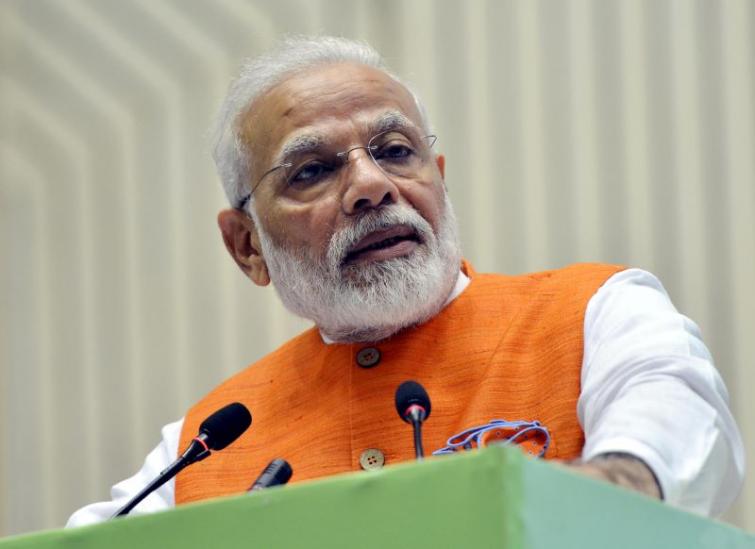 India-Sri Lanka
India-Sri Lanka
Indian govt to send 65,000 MT of urea to Sri Lanka
Colombo: India has pledged to supply 65,000 metric tons (MT) of urea fertiliser to Sri Lanka, for the current harvesting season under the existing $1 billion Indian line of credit.
Sri Lanka High Commissioner Milinda Moragoda met concerned officials last Friday when this discussion was taken up.
"High Commissioner Milinda Moragoda met with the Secretary to the Department of Fertiliser of India Rajesh Kumar Chaturvedi and thanked him for India's decision to supply 65,000 MT of urea needed for the current Yala cultivation season (between May to August) in Sri Lanka," the message said.
Moragoda and Rajesh Kumar Chaturvedi discussed approaches to ensure the uninterrupted supply of chemical fertiliser under the existing Credit Line and beyond from India to the island nation besieged with economic and political crisis.
India decided to supply this quantity of Urea immediately to Sri Lanka at the request of the Sri Lankan Government, in spite of a ban on the export of Urea from India being the second country after Nepal to have received India's assurance for the supply of fertilisers.
The need for this assistance came after the Sri Lankan government banned chemical fertilisers last year as part of a phased transition towards organic agriculture where the sufficient supplies of organic fertilisers impacted agricultural output, especially rice and tea.
President Gotabaya Rajapaksa promised in his 2019 election campaign to change the country's farmers to organic agriculture over a period of 10 years and last April made good on that promise, imposing a nationwide ban on importing and use of artificial fertilisers and pesticides and directing the country's 2 million farmers to go organic.
According to the country's Central Bank data, contributed to inflation reaching a 47-month high of 8.3 per cent in October with food inflation at 11.7 per cent happened due to the chemical fertiliser ban, combined with bad weather, leading to falling crop yields.
The rice yield declined to 2.92 million tonnes in 2021-22, down from the previous year's 3.39 million. The Sri Lankan government recently ended the ban on several key crops after the failure of the policy.
(With UNI inputs)
Support Our Journalism
We cannot do without you.. your contribution supports unbiased journalism
IBNS is not driven by any ism- not wokeism, not racism, not skewed secularism, not hyper right-wing or left liberal ideals, nor by any hardline religious beliefs or hyper nationalism. We want to serve you good old objective news, as they are. We do not judge or preach. We let people decide for themselves. We only try to present factual and well-sourced news.







